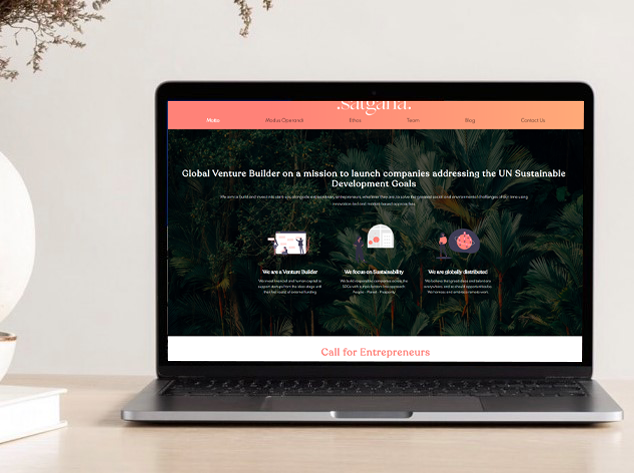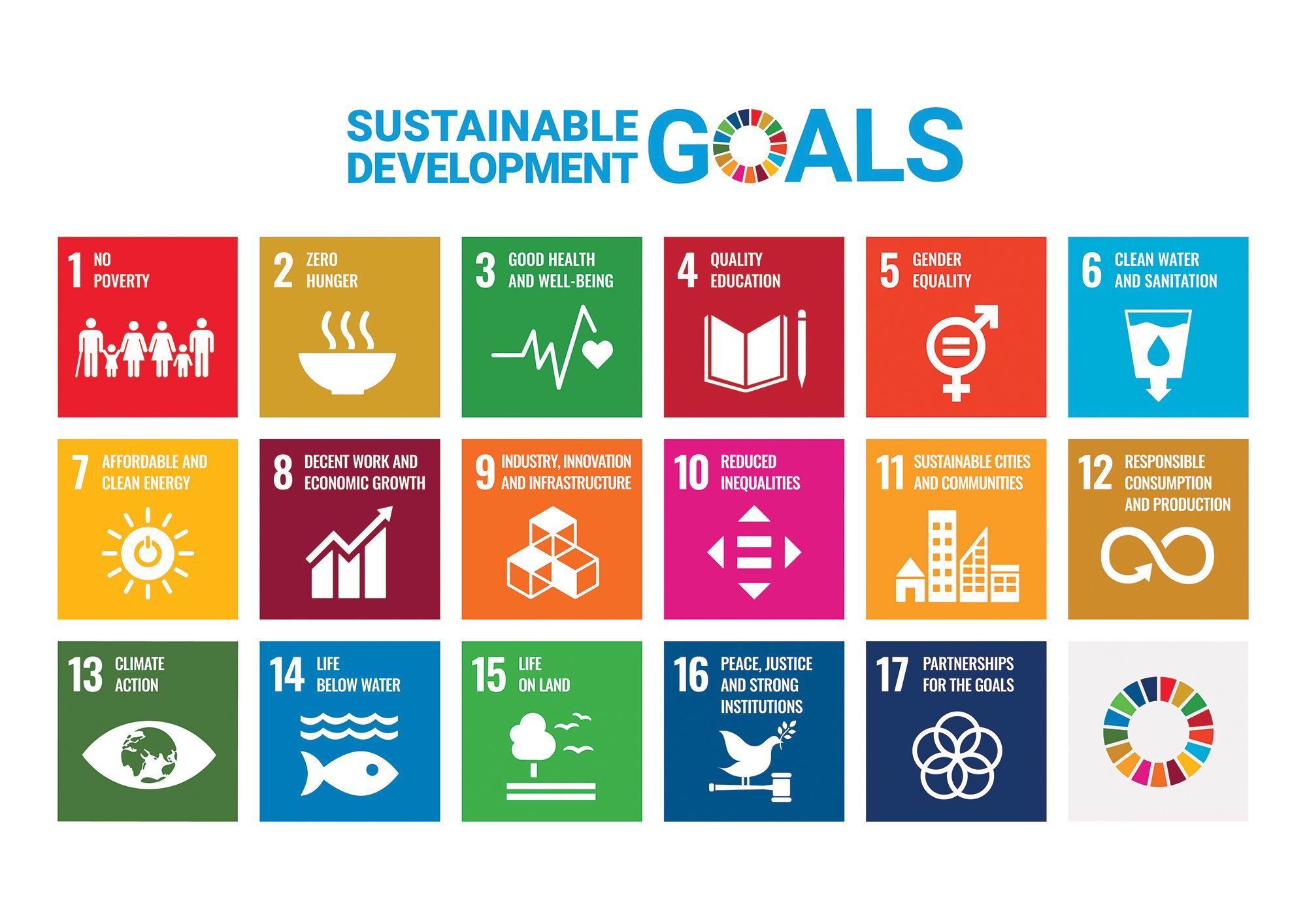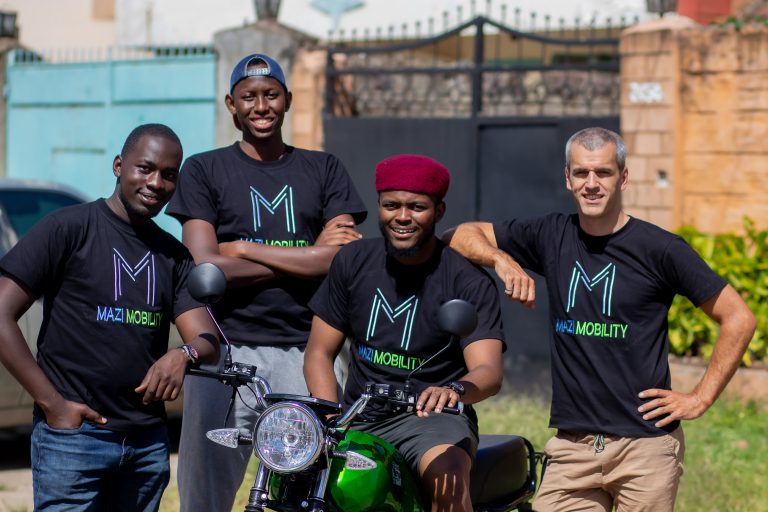Romain Diaz is an entrepeneur and venture builder who has travelled the world creating companies. Now he leads Satgana, a venture-builder in the climate space. Satgana’s mission is to be a launchpad for climate and planet-positive ventures.
Through an extensive network of advisors and collaborators Satgana invests human and physical capital into young start-ups, assisting them through some of the most challenging periods.
In this edited conversation with Peter Green, Romain spoke about his background as an entrepreneur, gave some lessons learned at Satgana and provided his perspective on the climate industry.
How has Satgana evolved to where it is now?
I come from France originally and have always been very entrepreneurial. I’m particularly interested in the early, zero-to-one phase of building companies and always liked being involved in different subject areas.
That interest led me to the venture studio model which exposes you to diversified entrepreneurial teams and investments. I initially worked at an established venture builder where I helped build the first internet start-up and unicorn in Africa. I then joined another venture builder in South Africa, which mostly focussed on ecommerce companies. Then, I co-founded a venture builder of my own in South Africa, where we built a couple of start-ups in the spaces of FinTech, Insuretech, Mobility, and other, more traditional areas. We raised a small fund, which is now fully invested and on track to deliver good returns.
At that point, I was fortunate enough to take a bit of time for myself to really figure out what I wanted to do next. My interest grew in the broader issues that the world is facing, namely with regards to climate and sustainability. I started to iterate on the idea of taking all the learnings of my previous venture studios and combining it with a focus on sustainability and the climate. That’s when Satgana came along.

What’s Satgana’s mission?
The mission is to be a launchpad for climate and planet-positive ventures. That’s based on the belief that the most successful start-ups in this decades are going to be solving big problems.
We don’t define ourselves as a pure climate tech venture builder, as the climate topic involves solutions in many different areas. We are more broadly focussed on sustainability solutions because we believe that there’s lots of other issues around biodiversity, pollution, air and water that really require a systems-thinking approach.
Our goal is to help entrepreneurs go from zero to one because the very early stages of business building is often the make or break period. Typically there isn’t as much institutional capital and support. That’s where we intend to intervene. We plan on launching 20 companies in the next five years, across themes of climate, clean tech, climate tech, biodiversity, conservation, and water.

What are some of the main challenges you’ve experienced running Satgana?
Just putting together a venture studio comes with a lot of pieces to the puzzle. Putting all the pieces together, from marketing, to finance, to deal-flow, to building a team, to raising capital is a fun challenge. We’re really crafting our own path in the venture-studio space so that comes with plenty of interesting challenges.
How come you’ve selected such a large number of people for your advisory board?
Two reasons mainly. Firstly, it ensures that we have as broad a range of operational and non-operational skillsets as possible. We have experienced people from all the types of organisations and sectors that we think are relevant including VC, private equity, family offices, banking, consulting, startup operators, and more.
Secondly, we’re not a traditional VC fund because we are very involved in building the startups. As a result, we require a bigger team because it allows us to invest the right human capital into each one.

What’s your perspective on the climate technology sector at the moment? Where’s the industry going?
There’s been a boom of climate tech investments. There are also more and more operators coming from non-climate sectors into this sector thanks, in part, to the pandemic. Naturally, with recent devastating weather events too, there’s even more acceleration of this movement taking place.
What’s the best way for people to connect with you?
On the one hand through social media like Twitter, LinkedIn, and Instagram. On the other hand we’re building partnerships and collaborating with some really interesting organisations in the sustainability space.

What’s next for Satgana?
We are looking to invest in another start-up. That’s one of the goals for Q3/Q4 of this year and will happen if we feel a good fit between the founder and our value proposition.
Are there any early lessons that you can take away from your first investment in the start-up Mazi Mobility?
As early stage investors we bet mostly on the team in the start-up. It is so important to have a committed, full-time founder who you really align with because we’re in it for the long-term. We’re in daily contact with the founder and that really requires having a good founder fit.
Then there’s market fit. Obviously, at such an early-stage there’s no product-market fit yet but we need to ensure that we operate in a market which is poised for growth. In the case of electric mobility in East Africa over the next 5-10 years, it’s very obvious to me that this is going to see big growth.
What books might you recommend to someone who’s trying to build ventures in this space?
For those who are not well acquainted with climate and sustainability topics, a key book like “Drawdown” provides a good balance between technical and introductory topics. Another good book is “The Future We Choose” by Christiana Figueres and I’m currently reading “The Green New Deal” by Jeremy Rifkin.
In terms of start-ups and start-up building, “The Lean Start-Up” is an obvious one. Furthermore, I’ve always really liked autobiographies which give the very specific curriculum that some successful entrepreneurs used. That to me has been more insightful than reading generic books on entrepreneurship. Outside of books my learning comes from podcasts. For example I really like “My Climate Journey”.
What advice might you give to your younger self, or someone starting out on this journey of sustainably focussed climate ventures or funds?
It took me quite a while to really focus on the “Why?” we do anything in our work. That’s something that I would advise to any entrepreneur starting up. Focus on why they are doing these things, and what really intrinsically drives them to carry on. Being an entrepreneur is hard, we cannot understate how hard it is. The media doesn’t really show how hard it can be with the highs and the lows and the bumpy road that lies ahead. An antidote for this is holding on to a clear why. I think this is probably one of the most important things that an entrepreneur should focus on early-on. In the climate and sustainability space you find that generally founders know why they are working on this stuff.
In addition, it’s important to really understand the problem that an entrepreneur is tackling, and how their solution can positively contribute but also negatively contribute. It’s quite clear that most solutions are not silver bullets that are going to save the world and we need lots of different solutions.



